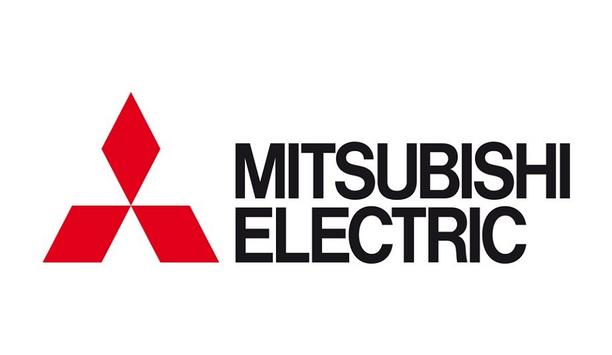When the user is making an investment with new HVAC equipment, they obviously want it to last as long as possible. That’s where a good warranty—or two—can help. Homeowners often have the option to get HVAC warranties for both parts and labor. Knowing a little more about each policy can help them determine the path that’s right for the user.
They have two different types of warranties to review with new HVAC equipment. The labor warranty covers service call charges and labor with the HVAC company. But there’s also the manufacturer’s part warranty. This is what covers the cost of broken parts in a given period of time.
Longer part warranty
A 5-year part warranty is a standard for most manufacturers. This covers equipment problems that might come up in the early years of the system. That way, users won’t have to pay for replacement parts. Some brands give the option to extend the manufacturer’s part warranty to 10 years, but the user typically has to register the new equipment first. Unfortunately, many homeowners forget to follow through. Then they miss out on the longer part warranty.
The customers really appreciate that they handle these details for them
Some HVAC companies, however, streamline the process by registering the equipment on behalf of their customers. Then those extra 5 years don’t get bypassed. That’s actually how they do things here at LCS Heating and Cooling. The customers really appreciate that they handle these details for them. Plus, having that 10-year part warranty in place makes it easier on the crews if they ever need to make repairs.
Service call charges
Now that the users have a better understanding of a manufacturer’s part warranty, it’s time to review the HVAC labor warranty. These warranties will vary from company to company. In general, though, the labor warranty will cover the service call charges and labor costs for any repairs during a certain number of years. Since a manufacturer’s warranty only covers the parts, the labor warranty basically works to fill in the gaps.
Without a labor warranty in place, the user would have to pay for the service and labor fees for the repairs. But they’d essentially be home-free with any repairs if both the manufacturer’s part warranty and 10-year labor warranty are still good. Any problems with the equipment would then be fixed for free. And if they work with the right HVAC company, there shouldn’t be any deductibles either, which can really help take the stress out of repairs.
Supplemental maintenance issues
Issues related to dirty filters and other specialized maintenance won’t be covered by the warranties
Knowledge is power, right? But it’s hard to understand the options when things aren’t explained clearly. Working with an HVAC company that can talk to the user in simple terms will help ease the decision-making process. That’s why they’ll also need to know what the warranties won’t cover.
Issues related to dirty filters and other specialized maintenance won’t be covered by the warranties. For example, this could relate to things getting caught in the flue, such as snow or rodents. Airflow issues and leak searches that aren’t repaired will also probably be separate. But to be honest, these issues are rare. The part and labor warranties are meant to cover the costs when a part in the system fails and needs to be replaced. These supplemental maintenance issues are another matter.
Some HVAC warranties
Getting the equipment inspected on a regular basis should keep the warranties in check (and alert them to other problems that might be going on with the setup). Still, they’ll have to be careful to read the contractor’s warranty plans before they sign. Not every HVAC company will offer a 10-year labor warranty. And not every company will register the equipment for the extended manufacturer’s part warranty.
It’s always best to review the options. But if the user can have a clear conversation, they should be able to get all of the questions answered upfront. Then, they’ll be better prepared if anything happens to go wrong down the road. And they might have some HVAC warranties to help them out!















